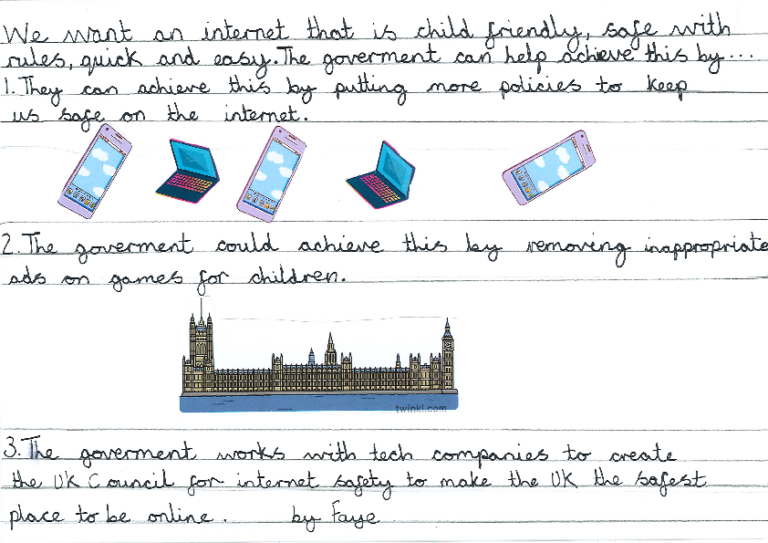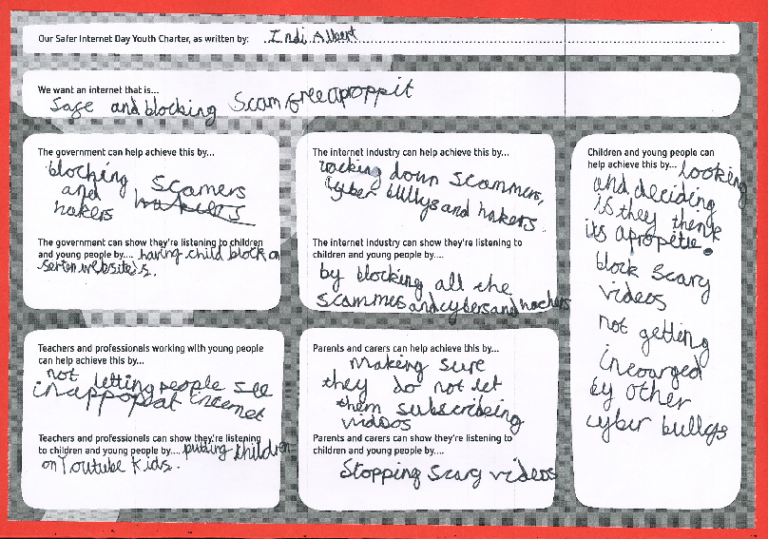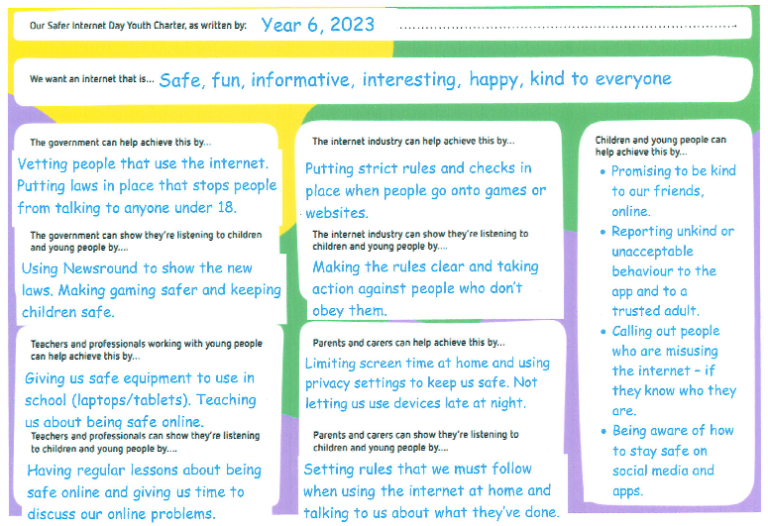Computing
Computing at Lyminster
Our Computing curriculum is designed to equip children with the digital-literacy skills necessary to enable them to communicate and create in the digital world. The children are challenged to be as creative as possible with what they produce, using computational thinking to understand how the world works.
Online safety is a vitally important part of our curriculum. At Lyminster Primary School, we aim to provide the pupils with the skills and understanding they need to stay safe and be socially responsible when they are online in any context. The children discover both the benefits and the risks of being online and how to deal with any worries that they may have surrounding the internet. At the centre of the learning is enabling the children to make independent choices in order to protect themselves online.
Our School Curriculum
Computing is broken down into three main aspects: digital literacy, information technology and computer science. Through our scheme of work, the following knowledge and skills are develop:
- ~ evaluating digital content, using technology safely, respectfully and responsibly and identifying a range of ways to report concerns;
- ~ the importance of online safety, including behaving responsibly online;
- ~ evaluating the reliability of online information and what to do with worries;
- ~ learning how computers and networks work and how to use technology to create, manipulate and retrieve digital content;
design, write and debug programs that accomplish specific goals (coding); - ~ access to resources which aid in the acquisition of skills and knowledge.
For more detailed information about our Computing Curriculum, please use the link below.
Every year, we also have lots of fun participating in Safer Internet Day which supports our teaching of online safety!
Safer Internet Day 2023
This year’s theme was ‘Want to talk about it? Making space for conversations about life online.’ The emphasis was on putting children and young people’s voices at the heart of the day and encouraging them to shape the online safety support that they receive. We asked them:
- What issues really matter to the children?
- What changes do they want to see?
- How can we all work together to advocate for them?
Each class put together their own charter setting out their opinions and ideas alongside additional work which promotes being safe online and what to do when there is a problem.







